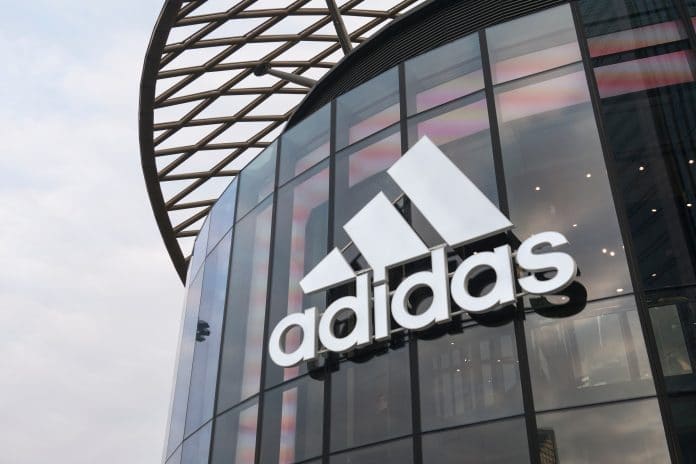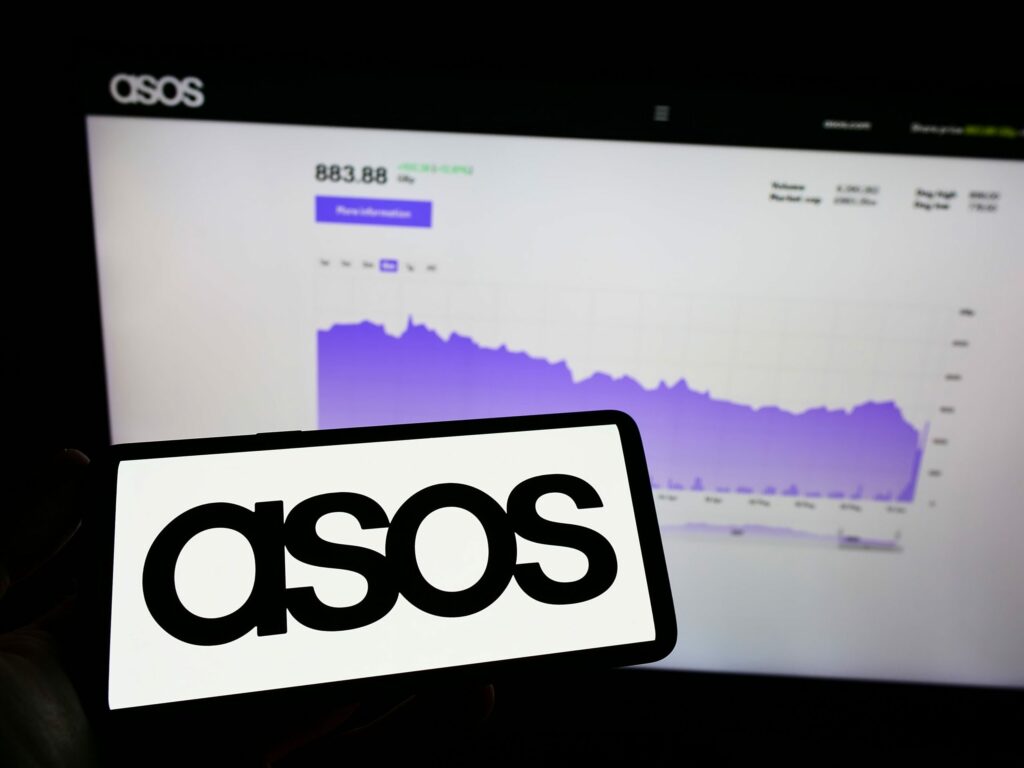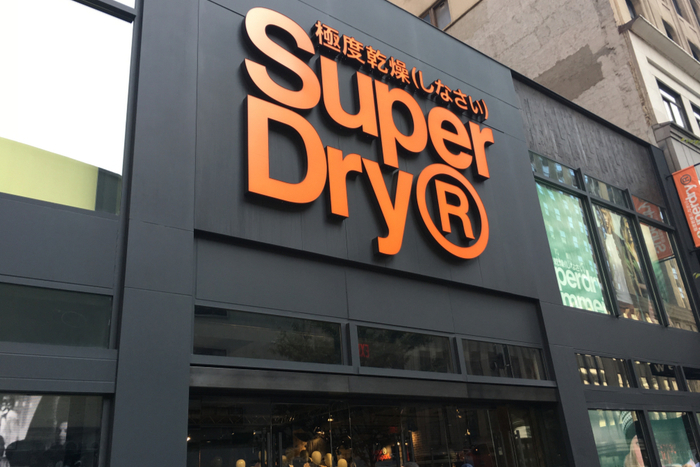Luxury fashion house Hugo Boss has trimmed its sales and operating profit targets for 2014, attributing its profit warning to a weak economic demand in Europe.
The German fashion house, who has recently been added to Amazon‘s AW14 fashion offering, said it expected sales growth of 6-8% and profit growth of 5-7% in 2014, a downgrade on the previous expectation of a high single-digit increase.
European demand trailed off in September and the pro-democracy protests in Hong Kong, a key area for the luxury sector also impacted on sales. Boss shares fell as much as 6.8% in Frankfurt, the biggest decline since September of 2012.
“It‘s a mixture of bad weather conditions in Europe – it‘s been too warm for the fall selection and the geopolitical situation” said Volker Bosse, an analyst at Baader Bank near Munich, who recommends investing in shares.
Claus-Dietrich Lahrs was appointed Chief Executive of Hugo Boss in 2008 and, it is believed by many, was bought into the business to oversee and capitalise on the brand‘s emergence in China.
“Thanks to improving business in the Americas and Asia/Pacific together with continued good expansion in Europe, we were able to achieve very solid growth in the third quarter” Lahrs said.
“However, over the last few weeks, our business has been increasingly feeling the effects of the weak performance of the sector in Europe and uncertainties in Asia.”
Despite some downfall, the group reported a 9% growth in sales in its first quarter, driven strongly by a high demand in core markets including the US and China.
Sales in the states were up by 11% and by 13% in Asia compared with an 8% revenue increase in Europe.
The luxury brand is pushing to open more stores, where it expects double-digit growth with its £101mn spend on renovations and new outlets. It plans to open around 50 new branches by the end of the year, bringing the total to well over 1,000. Lahrs also remains optimistic adding:
“We are still confident of being able to achieve solid full-year sales and earnings growth and thus, outpace the luxury goods sector as a whole.”

















